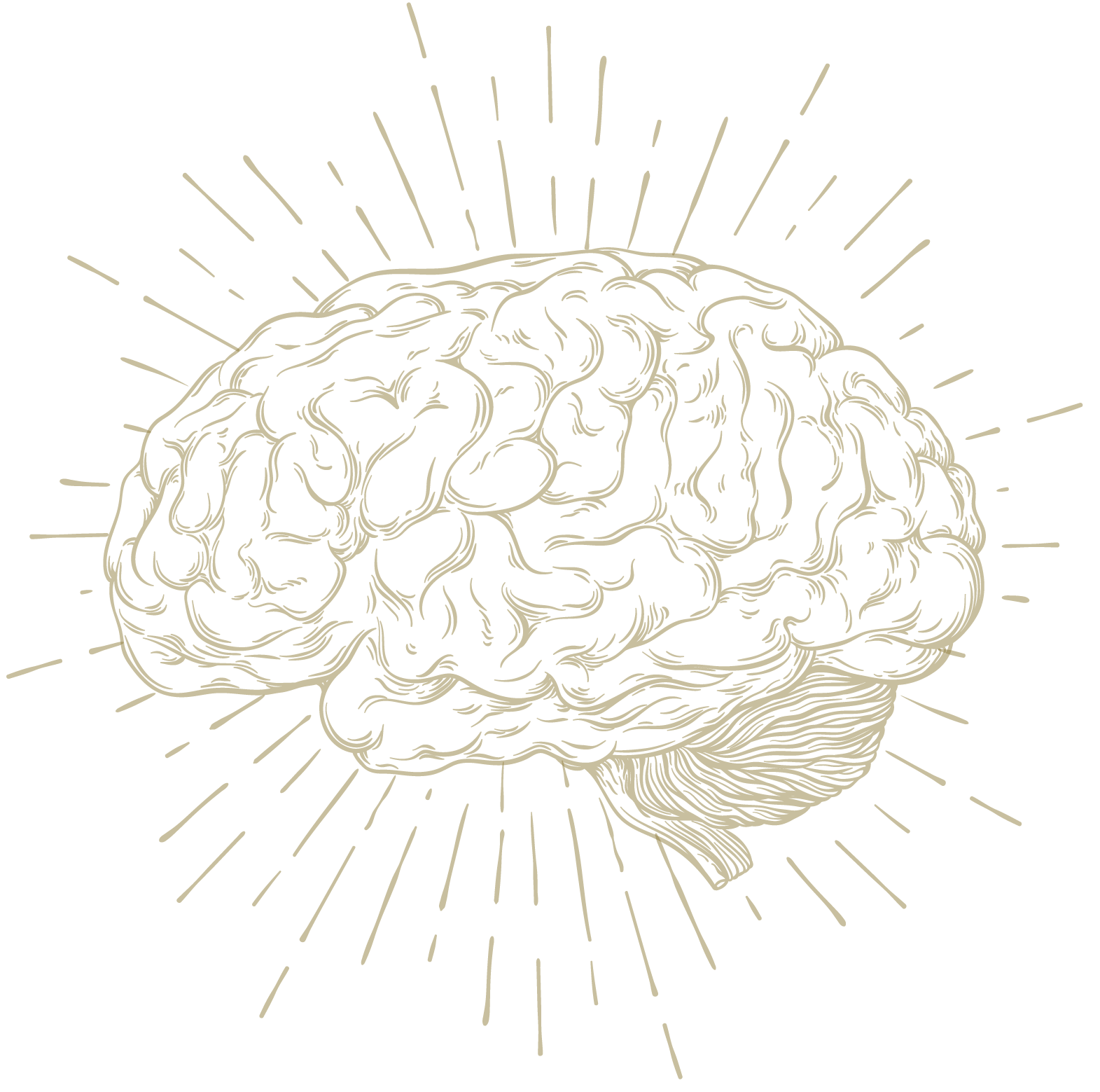Vestibular Disease aKA Vertigo
Introduction to the Vestibular System and Vestibular Disease in Pets
The vestibular system in animals, much like in humans, is responsible for maintaining balance. Problems in this system can cause dizziness, which may manifest as a head tilt, rapid eye movements, difficulty standing, and nausea.
In pets, the vestibular system is located in two key areas: the inner ear and the brain. Dysfunction in either of these areas can result in similar symptoms, particularly in the early stages of a problem.
Symptoms of Vestibular Disease
The following are common symptoms of vestibular disease. If you observe new symptoms or a worsening of existing symptoms in your pet, it’s important to consult with a neurology team:
Head tilt
Circling behavior
Leaning, falling, or rolling
Abnormal eye positioning, known as strabismus
Rapid, involuntary eye movements, referred to as nystagmus
Conditions That Cause Vestibular Disease
Idiopathic Vestibular Disease: Common in older dogs and occasionally in cats of any age, this condition causes sudden symptoms that typically resolve within 2 to 3 weeks without treatment. If your pet’s condition does not improve or worsens after the first day, further diagnostics are necessary as the issue may not be Idiopathic Vestibular Disease.
Ear Infections: Deep ear infections are a frequent cause of vestibular symptoms. Your veterinarian will conduct an ear exam, which might require sedation for thoroughness, especially in animals with chronic ear issues. Advanced imaging like CT scans or MRIs may be needed for diagnosis. Treatment involves medication, either oral or direct ear application, and can take one to two months. In some cases, surgical intervention may be required. Underlying conditions like food allergies or respiratory issues might also need treatment.
Other Ear Problems: Conditions such as ear tumors, toxins in the ear, or ear trauma can also lead to vestibular symptoms. Diagnosis may involve ear exams and advanced imaging.
Strokes: Sudden loss of blood flow to the brain, or strokes, cause rapid onset of symptoms but often improve over time. Underlying conditions like high blood pressure or protein loss need to be addressed for optimal long-term outcomes. Diagnosis may involve blood and urine tests, blood pressure measurement, abdominal ultrasound and potentially an MRI.
Other Brain Problems: Brain tumors, infections, and autoimmune diseases can cause similar symptoms. These conditions are generally more serious and may require extensive diagnostic testing like MRIs or spinal taps. Treatability varies depending on the specific condition.
Practical Care Tips
Prevent falls by keeping your pet off furniture and away from stairs until they regain stability.
Confine your pet to a small, safe space like a bathroom or crate if they are severely affected.
Prop up pets with old towels or pillows for comfort.
Use a harness or sling, like those available at www.helpemup.com, to assist pets that cannot walk.
Contact Us:
Mon \ Fri: 8:30am - 5:30pm
Sat: by appointment only
Phone: (415)967-3303
Email: frontdesk@remedyvets.com



